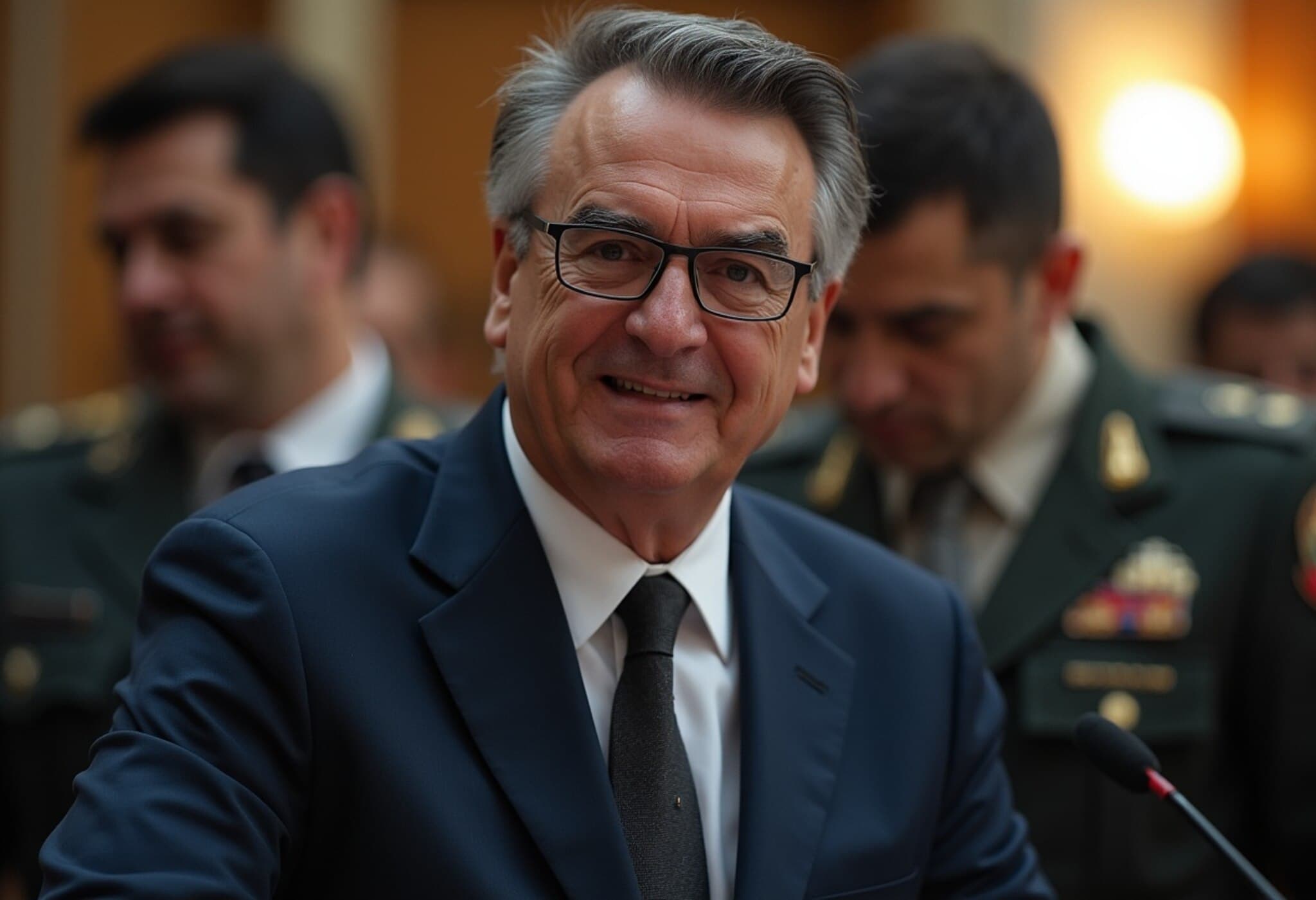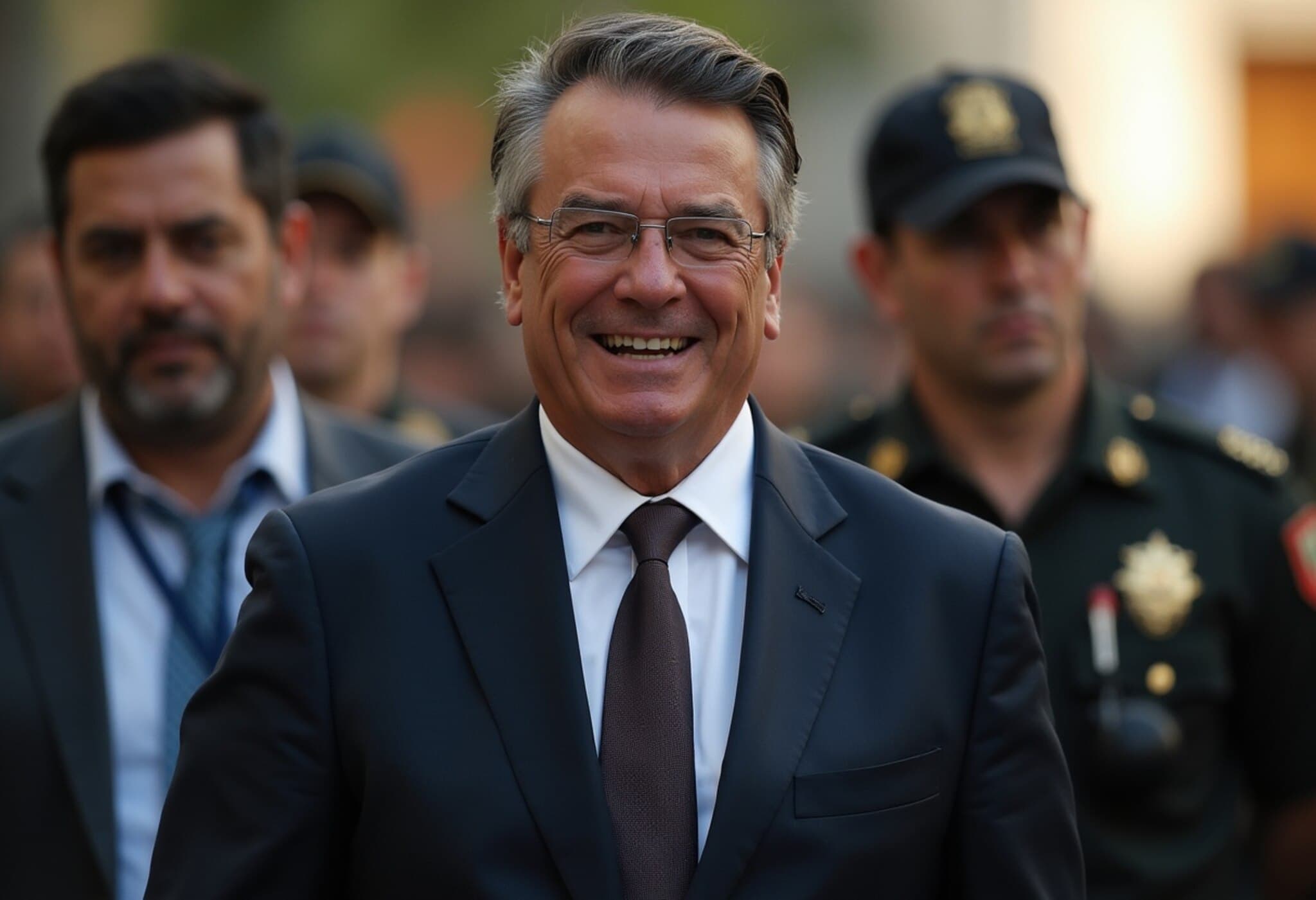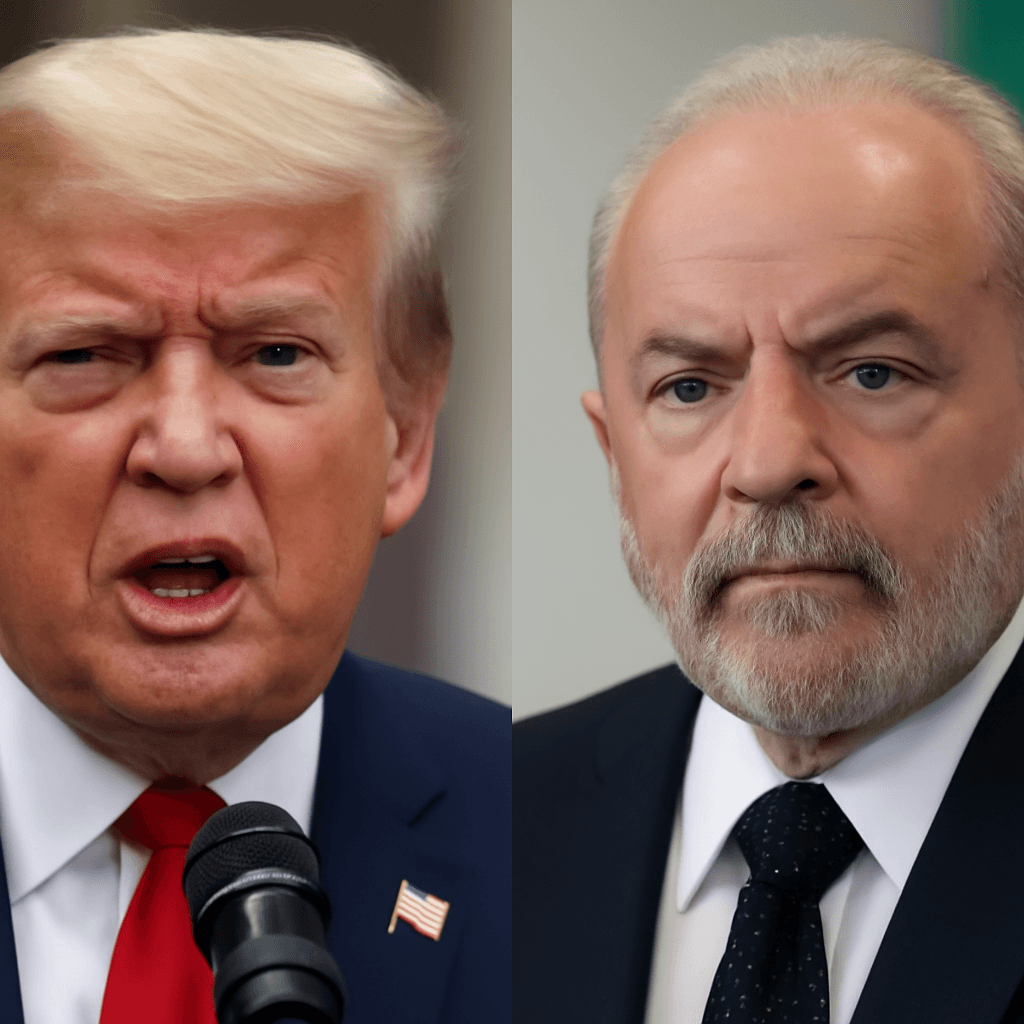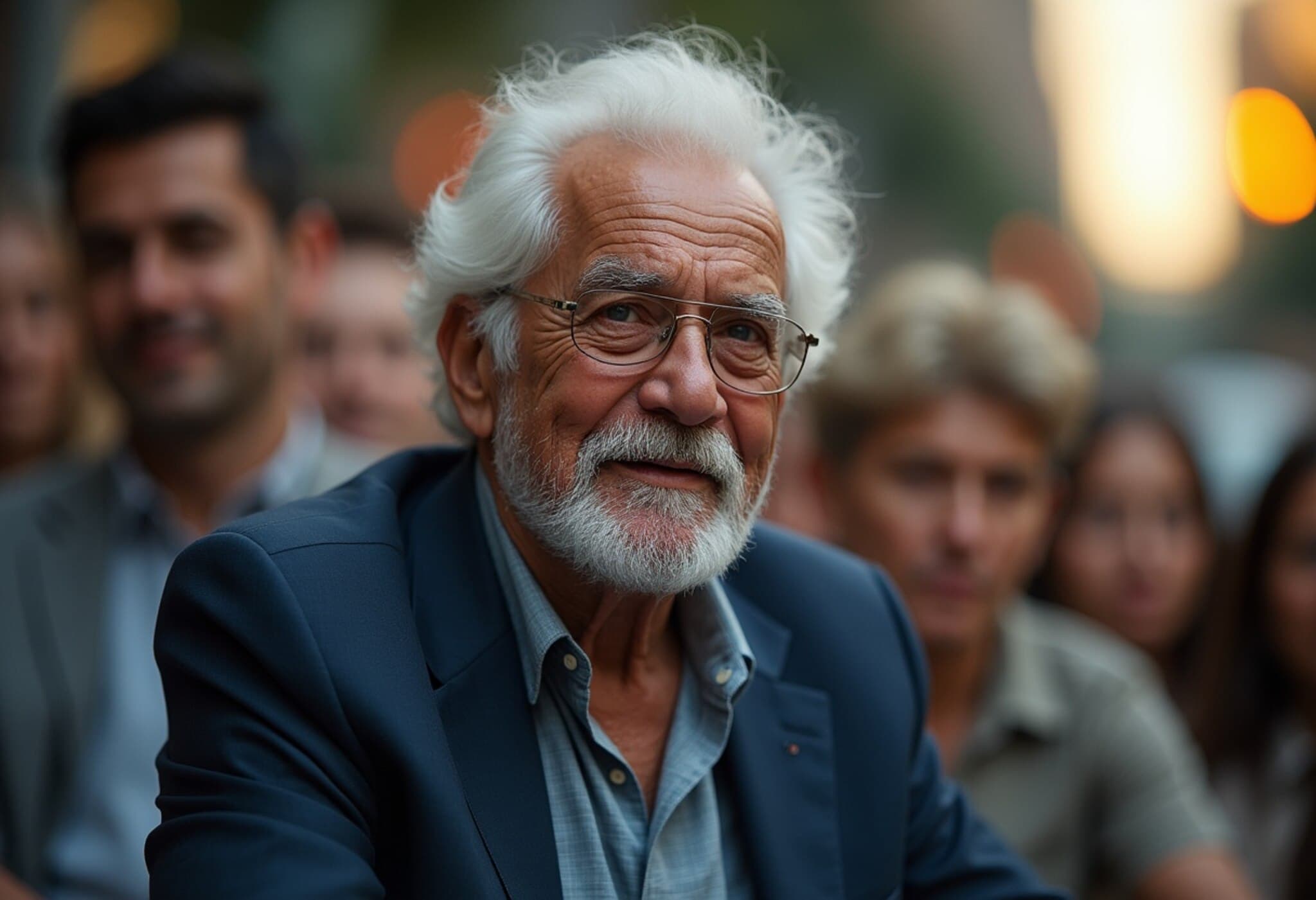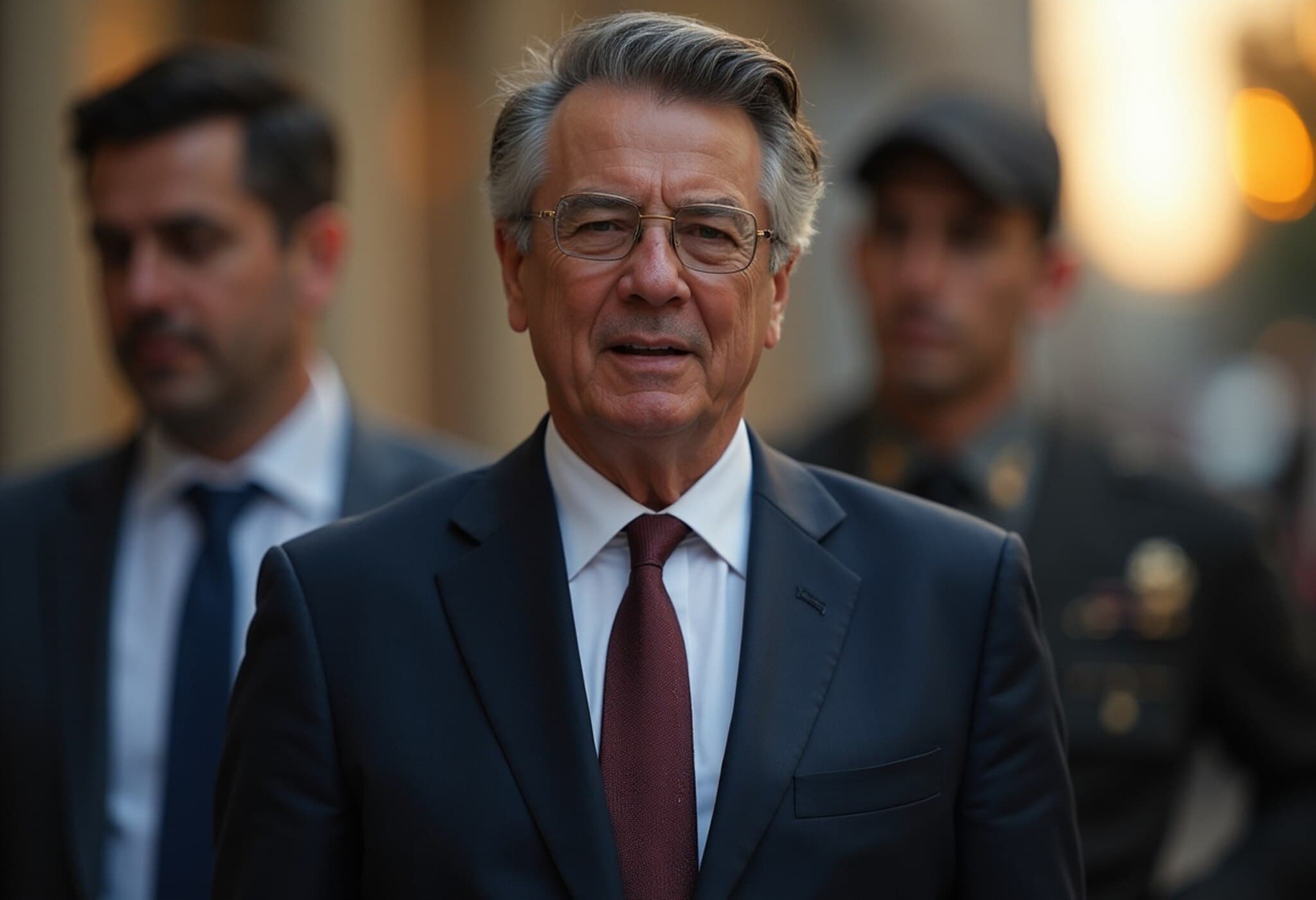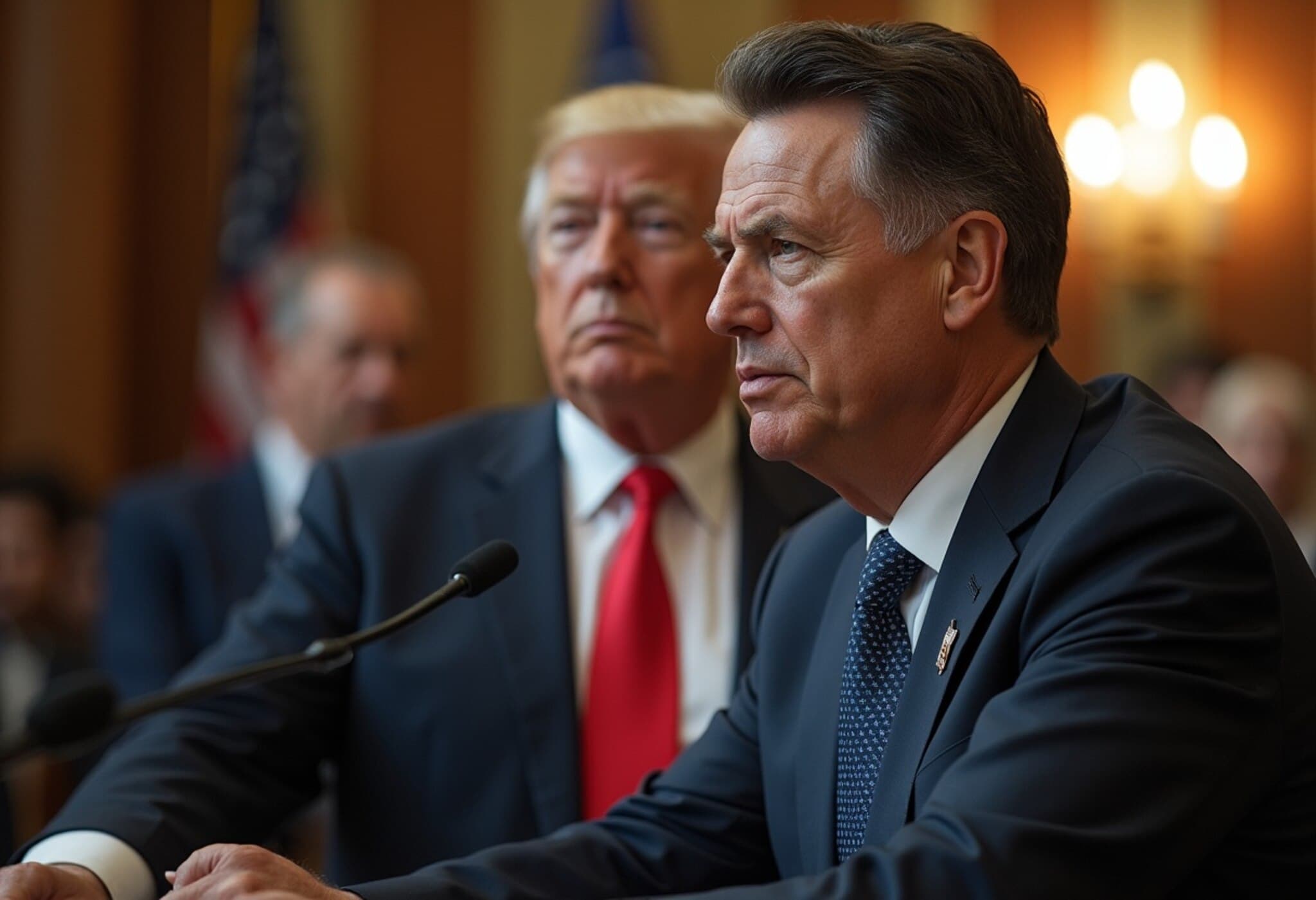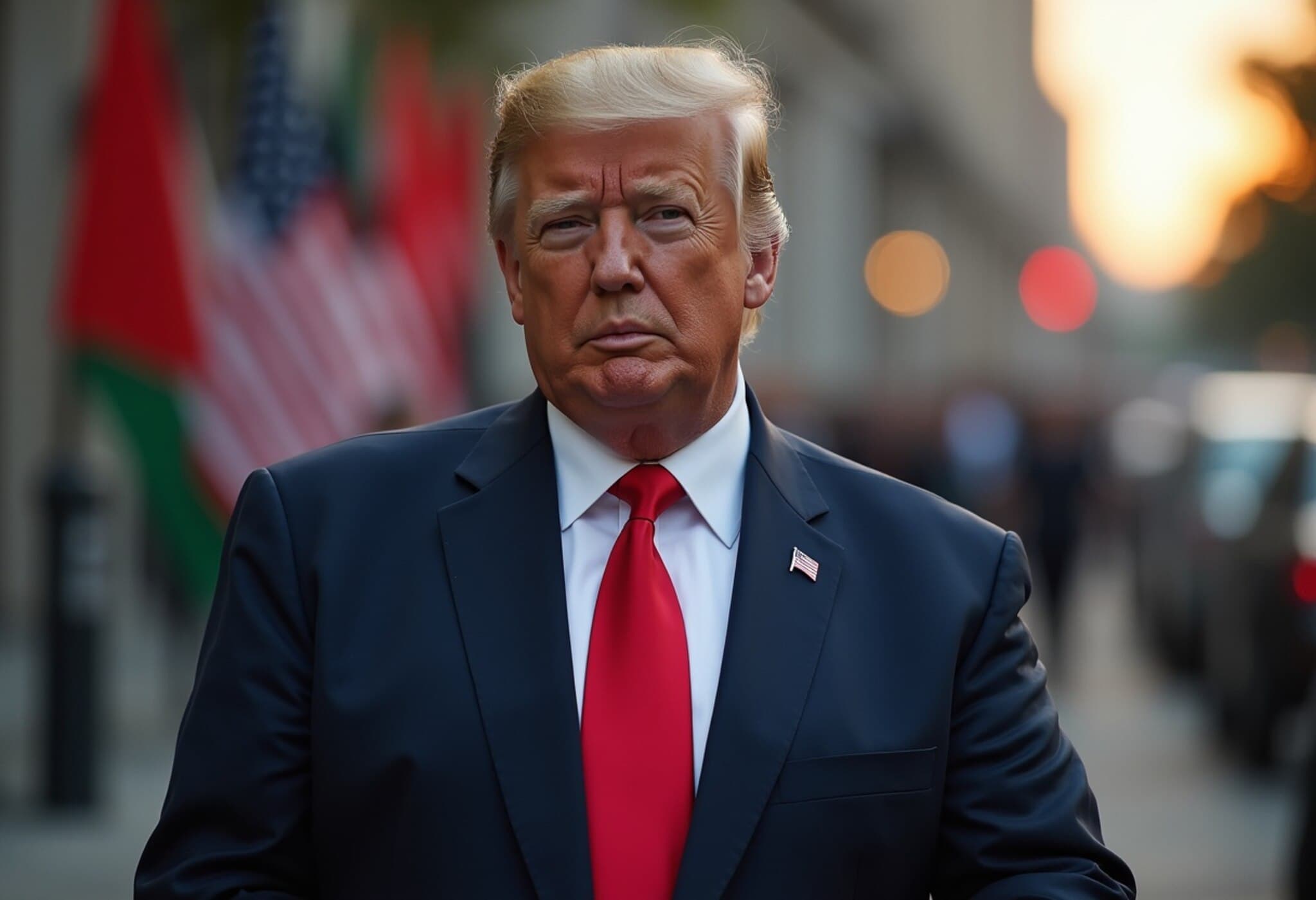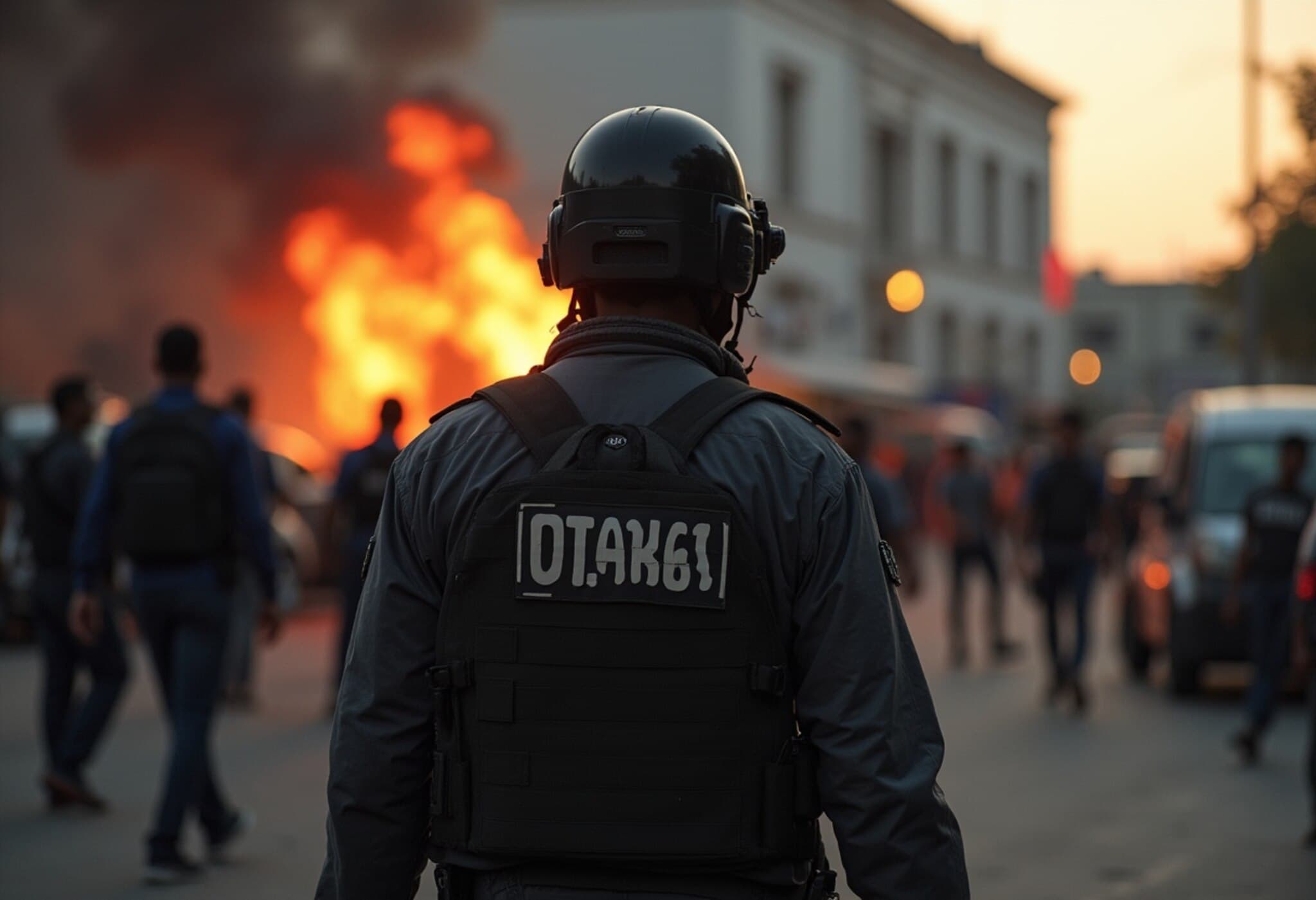Brazil's Former President Bolsonaro Under Electronic Surveillance Amid Coup Trial
In a dramatic turn of events, Brazilian authorities have placed former President Jair Bolsonaro under strict surveillance, mandating him to wear an electronic ankle tag as investigators voice concerns he might flee the country amid a high-stakes coup trial. The Federal Police executed a raid on Bolsonaro’s Brasília residence, signaling the escalating legal siege against the controversial far-right leader.
Context Behind the Ankle Tag and Travel Restrictions
The Supreme Court’s ongoing investigation accuses Bolsonaro of orchestrating a violent plot to overturn the 2022 general election results, which saw Luiz Inácio Lula da Silva ascend to Brazil’s presidency. Prosecutors allege Bolsonaro and his allies sought to undermine democratic institutions in a bid to retain power. Facing potentially decades behind bars—up to 43 years if convicted—the judiciary’s scrutiny has intensified, culminating in the unprecedented surveillance order.
Authorities have also explicitly prohibited Bolsonaro from interacting with foreign diplomats or visiting embassies, severing his external communication channels and reducing risks of international escape or seeking asylum. The restrictions extend to barring him from social media platforms where he established a significant political following.
Political Turmoil and International Dimensions
This crackdown occurs against a backdrop of heightened geopolitical drama. U.S. President Donald Trump has vocally criticized Brazil’s prosecution of Bolsonaro, labeling it a “witch-hunt” and announcing prospective tariffs of up to 50% on Brazilian imports as leverage. Trump’s public support, disclosed via his social media posts and a personal letter, underscores his enduring alliance with Bolsonaro and adds complexity to Brazil’s internal sovereignty debates.
Bolsonaro’s camp, including his son Eduardo Bolsonaro, has reportedly lobbied U.S. officials to exert pressure on Brazilian judiciary actors, specifically targeting Supreme Court Justice Alexandre de Moraes, fueling suspicions of external interference. These developments raise critical questions about foreign influence in domestic judicial processes and the integrity of Brazil’s democratic institutions.
On-The-Ground Details From the Police Raid
- Federal police seized approximately $14,000 in cash and a USB flash drive reportedly hidden within Bolsonaro’s home.
- Bolsonaro must remain at home during nighttime hours—from 7 PM to 7 AM—and throughout weekends under curfew measures.
- Communication controls restrict him from liaising with diplomats or operating via social media, curtailing his political outreach.
Bolsonaro has publicly decried the measures, describing the raid as a “supreme humiliation” and denying intentions to flee or seek refuge abroad, despite his brief stay at the Hungarian embassy last year when his passport was confiscated.
Expert Insights: Legal and Political Ramifications
From a policy standpoint, the case embodies the challenges Brazil faces in consolidating democratic norms post-political turbulence. The judiciary’s assertiveness signals a commitment to uphold constitutional rule, yet it simultaneously exposes fault lines where political loyalty and sovereignty collide.
American legal experts highlight the multidimensional risks of foreign political influence on judicial independence, emphasizing that trade sanctions—such as those threatened by the U.S.—may inadvertently politicize legal matters rather than safeguard democracy.
Looking Ahead: The Trial and National Stability
The Supreme Court is expected to reach its verdict in the coming weeks, a decision that will likely reverberate across Latin America’s political landscape. Bolsonaro’s fate may either cement judicial authority or deepen political divisions. Brazil’s broader society remains closely watchful, confronting the collective challenge of preserving democratic institutions in an era of polarized politics.
Editor’s Note
As Brazil navigates one of its most critical judicial moments, the imposition of electronic monitoring on a former president underscores the gravity of challenges posed by political extremism and judicial enforcement. This case prompts reflection on how democracies manage the delicate balance between accountability and political stability, especially when external influences complicate an already fractious domestic situation. Readers should consider the broader implications: How do nations protect their sovereignty while maintaining open international alliances? What lessons does Brazil's experience offer to democracies grappling with political unrest worldwide?











